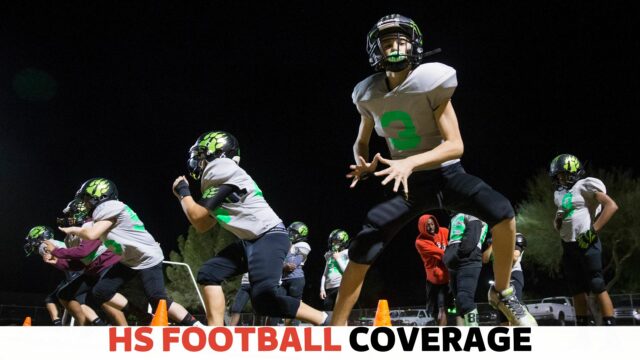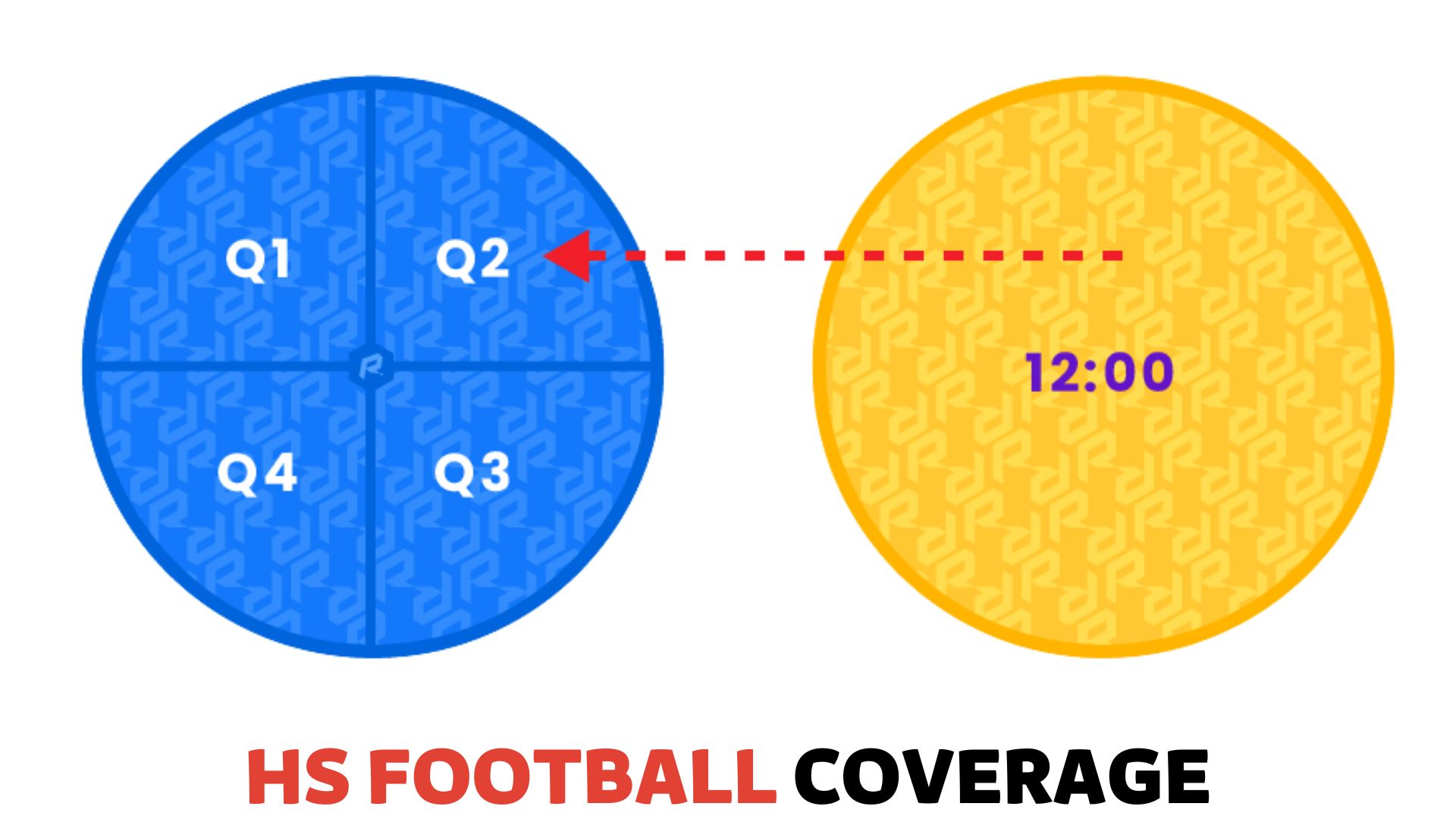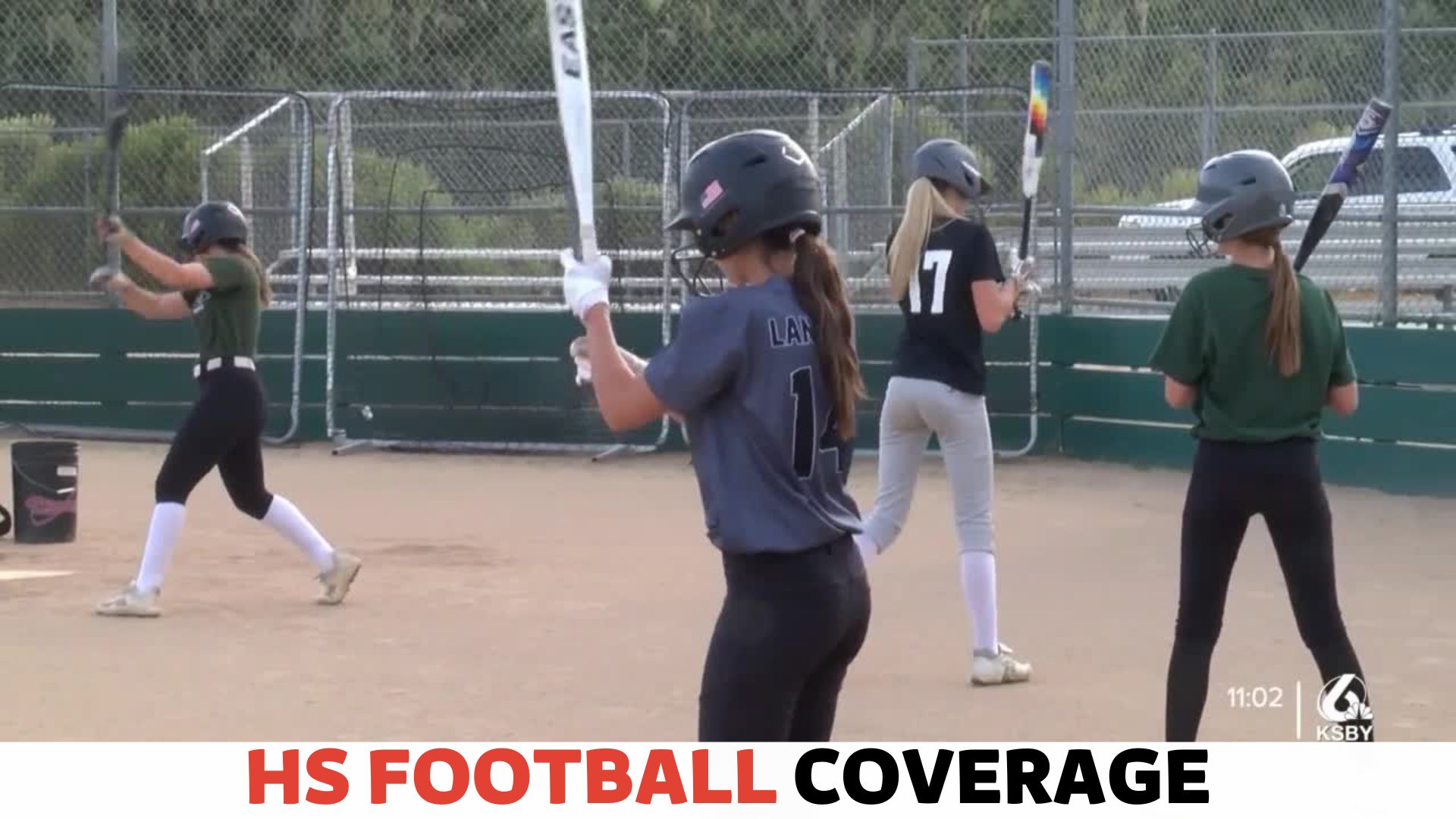
The debate over whether High School Football should be banned has raged for decades. Some argue that the sport poses an unacceptable risk to young athletes and should be banned, while others argue that banning HS Football would be a grave mistake.
They argue that exposing teenagers to such risks is simply not worth it. As the number of High Schools Football players continues to increase, so does concern over the safety of the sport. With recent studies linking concussions and other head injuries to long-term brain damage, many are asking: Should HS Football be banned?
In this article, we’ll examine both sides of this contentious issue by looking at the arguments in favor of banning HS Football, as well as those against it. We’ll also discuss some alternative solutions to the debate over High School Football safety and what experts recommend for making the game safer for young players.
Arguments in Favor Of Banning High School Football
There are a number of arguments in favor of banning HS Football.
- One is the high rate of injuries associated with the sport. Football is a collision sport, and the risk of serious injury, including concussions, is significantly higher than in other sports. The health risks to players include concussions and long-term brain damage.
- Another argument is that football requires a great deal of time and commitment and takes away from other activities that are important for development, such as academics and social activities. For many high school students, football becomes a consuming activity that takes up a large chunk of their time and energy, to the detriment of other important parts of their lives.
- A third argument is that football is a very dangerous sport, and that the risk of serious injury, or even death, is simply too high for young people. The recent case of an HS Football player who died after suffering a head injury is a tragic reminder of the potential risks of the sport.
All of these arguments make a strong case for banning HS Football. While the sport may be enjoyable for some, the risks simply outweigh the benefits. Football is a high-risk sport for kids to play, especially at the high school level, where they’re more likely to be injured than in college or professional leagues.
Arguments Against Banning High School Football
There are a number of arguments against banning High School Football.
- Firstly, football is a hugely popular sport, and banning it would be hugely unpopular with students and parents.
- Secondly, football is a great way for students to stay physically fit and healthy, and banning it would mean that students would be less active. Positive impact on students, discipline, and character development.
- Thirdly, football teaches important life lessons, such as teamwork and sportsmanship, which would be lost if the sport was banned. Football is a great way to build teamwork and leadership skills.
- Finally, Economic benefits to schools and communities include revenue from ticket sales and sponsorships. So banning football would be a huge financial blow to schools, as football is a major source of revenue for many high schools.
Alternative Solutions to the High School Football Debate
There is no easy answer to the debate over whether HS Football should be banned. Both sides have valid points, and there is no clear consensus. However, there are some potential alternative solutions that could address the concerns of both sides.
One possibility is to allow High School Football, but with stricter safety regulations. This could include things like mandatory concussion testing, more stringent player safety rules, and better on-field medical coverage.
Another idea is to have a two-tiered system, where some schools choose to ban football while others still allow it. This would give parents and students more choices in whether or not they want to participate in the sport.
While banning football is not the solution, there are some alternative ways to address these issues. Football can be a great way to teach valuable life lessons like teamwork and leadership skills. In addition to these benefits, many people think that banning HS Football would only scare away athletes who want nothing more than to play sports at their school or college level.
Ultimately, the decision over whether or not to ban HS Football is a complex one. There are pros and cons to both sides of the argument. However, by exploring alternative solutions, it may be possible to find a middle ground that satisfies everyone involved.
What Are the Potential Health Risks Associated With Playing High School Football?
Supporters of a ban point out that football have been linked to numerous cases of CTE (chronic traumatic encephalopathy), a degenerative brain disease caused by repeated blows to the head.
According to a recent study, High School Football players are more likely to suffer concussions than college or professional players. The risks of playing HS Football:
Injuries. According to a 2018 study in the American Journal of Sports Medicine, high school athletes suffer an estimated 1.6 million injuries each year–and football players are at the highest risk for injury. Even with proper safety equipment and training, you could still get hurt during practice or a game.
In fact, the rate of concussions among high school players is nearly double that of college players. There are a number of reasons for this increase.
- First, high school players are often not as well-trained as their college counterparts.
- Second, they may not be wearing the best equipment.
- Third, they may not be following the proper tackling techniques.
All of these factors combine to create a dangerous situation for HS Football players. If you or your child is considering playing High School Football, it’s important to be aware of the risks. Talk to your child’s coach about the safety measures that are in place, and make sure that your child is wearing the proper equipment.
How Do High School Football Players’ Academic and Social Lives Differ From Non-Athletes?
It’s no secret that HS Football players are more likely to have better grades and higher graduation rates than non-athletes. This is because they’re involved in extracurricular activities, such as student government or band, which keep them busy outside of school hours.
Athletes also have access to tutors who can help them with their homework if they need it–and many do need help since athletes tend to come from poorer families where parents might not be able to afford after-school tutoring services (or even rent).
But what about their social lives? Are athletes more likely than non-athletes to get into trouble with the police or commit crimes? It turns out that this isn’t true either; according to a study published in The Journal of Adolescent Health: “Our findings indicate that participation in high school sports neither protects against nor increases the risk for involvement with juvenile justice systems.”
What Are the Long-Term Health Effects For High School Football Players?
The effects of concussions are well-documented, but there are other long-term physical and mental health problems that can be caused by repeated head trauma.
- Concussions can lead to chronic traumatic encephalopathy (CTE), a progressive degenerative disease of the brain found in people who have had a history of repetitive brain injuries. CTE has been linked to Alzheimer’s disease and Parkinson’s disease; symptoms include memory loss, confusion, and depression.
- Repeated head injuries can also cause headaches; dizziness; nausea or vomiting; ringing in your ears (tinnitus); fatigue; irritability; difficulty sleeping at night because you’re having nightmares about football games from high school.
- Spinal cord injuries can result in paralysis or other impairments. Heat-related injuries can cause dehydration, heat exhaustion, or heat stroke. While these potential risks are serious, it is important to remember that most High School Football players do not experience any long-term health problems as a result of playing the sport.
How Do the Benefits of Playing High School Football Compare to the Potential Risks?
High School Football is a popular sport in the United States, with over one million high school students participating each year. While playing football can provide many benefits to young athletes, such as
Character Building
The sport can teach teamwork, discipline, and responsibility and can help instill a sense of pride and accomplishment. It can also be a great way to stay physically fit and active.
Physically Fit
One major benefit of playing High School Football is improved physical fitness. Football players engage in rigorous training and conditioning programs that improve their strength, speed, and endurance. This increased level of physical fitness can have long-term health benefits and may reduce the risk of developing chronic diseases later in life.
Improve Social Connection
Additionally, participating in team sports like football can help build social connections and improve mental health by fostering a sense of belonging.
Despite the potential risks, many HS Football players continue to play the sport because of the benefits it provides. For many players, the opportunity to improve their physical fitness, learn teamwork and discipline, and gain a sense of accomplishment outweighs the potential risks.
Responses to Arguments Against Banning High School Football
There are a number of reasons why High School Football should not be banned. While some people argue that the risks of brain injury outweigh any potential benefits, there are also many positive aspects to HS Football. Banning HS Football would have a negative impact on student health and well-being.
For example, it provides students with an opportunity to develop teamwork skills and foster friendships with their teammates. In addition, being involved in athletics can help improve grades and reduce behavioral problems among teens (Koskenvuo et al., 2000).
If you believe that banning HS Football would negatively impact your child’s development as an individual or athlete, it might be helpful for you to consider alternative sports or activities that could provide similar benefits without exposing him/her to as much risk of injury.
Conclusion
We believe that the risks associated with playing High School Football are not worth the benefits. The potential long-term health effects, short-term injuries, and academic problems all indicate that there are better ways for students to spend their time in school than participating in this dangerous sport. We hope that you agree with our position and will help spread awareness about banning HS Football.















